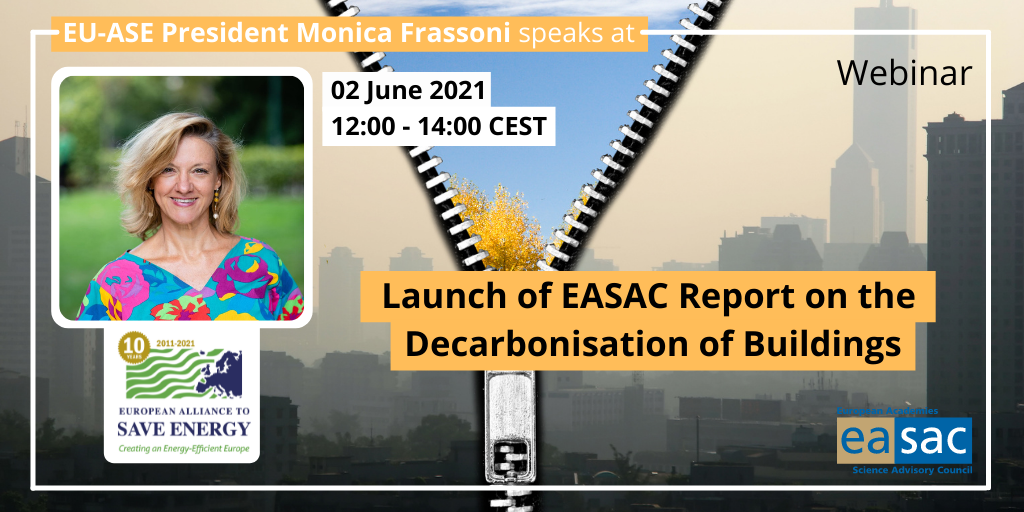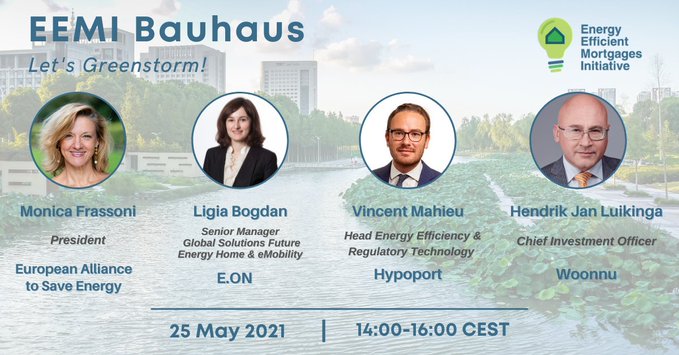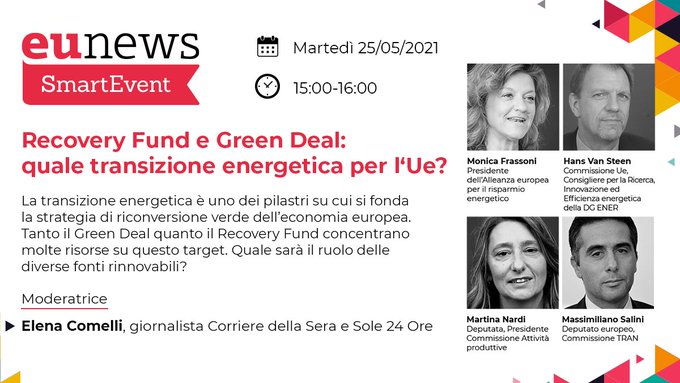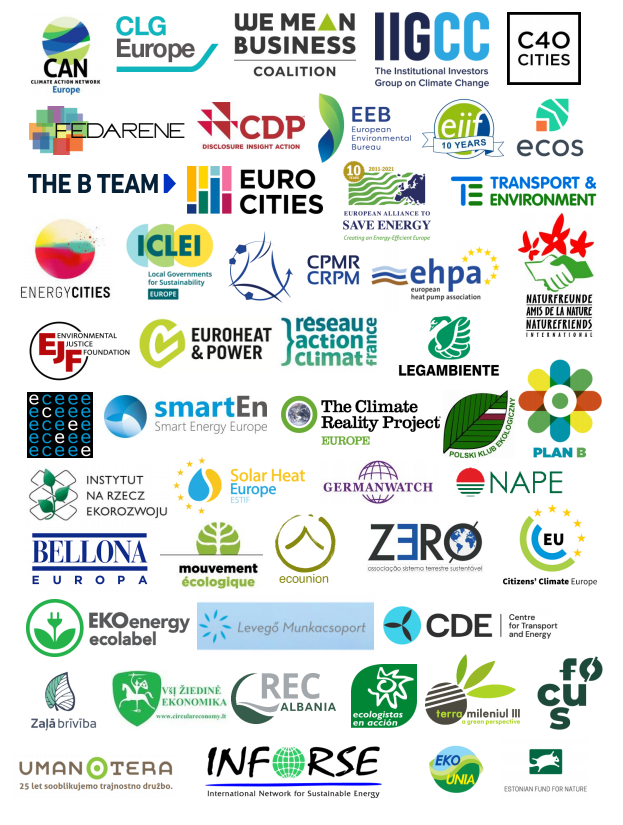EU-ASE at launch of EASAC Report on the Decarbonisation of Buildings

On 2 June 2021, the president of the European Alliance to Save Energy Monica Frassoni participated in the panel discussion for the launch of the report “Decarbonisation of buildings: for climate, health and jobs” by the European Academies Science Advisory Council (EASAC). The webinar gathered policy-makers, researchers and stakeholders to discuss the main findings of the report, offering recommendations for the EU, Member States and local authorities to activate the wave of buildings renovations.
Among the panelists were representatives of the European Commission and the European Parliament, as well as of the European Investment Bank, the Buildings Performance Institute Europe and Housing Europe.
Read experts of Monica’s speech at this event
In a fast-changing political and economic environment, 2025 was a year of continued efforts to strengthen security, stability, and competitiveness for European businesses.
Throughout the year, our work demonstrated that energy efficiency is not only essential to achieving climate goals, but also a key driver of innovation, energy independence and sustainable long-term growth across Europe.
Strong engagement with policymakers, combined with the successful organisation of the 4th European Energy Efficiency Day, highlighted the importance of collaboration and dialogue in advancing shared objectives. Partnerships across sectors and institutions remained central to delivering impact and shaping effective energy policies.
Looking ahead to 2026, we will intensify our efforts to secure the regulatory certainty that can accelerate the energy transition, while providing businesses with the investment confidence they need and strengthening Europe’s competitiveness.
Read the full Activity Report here.





